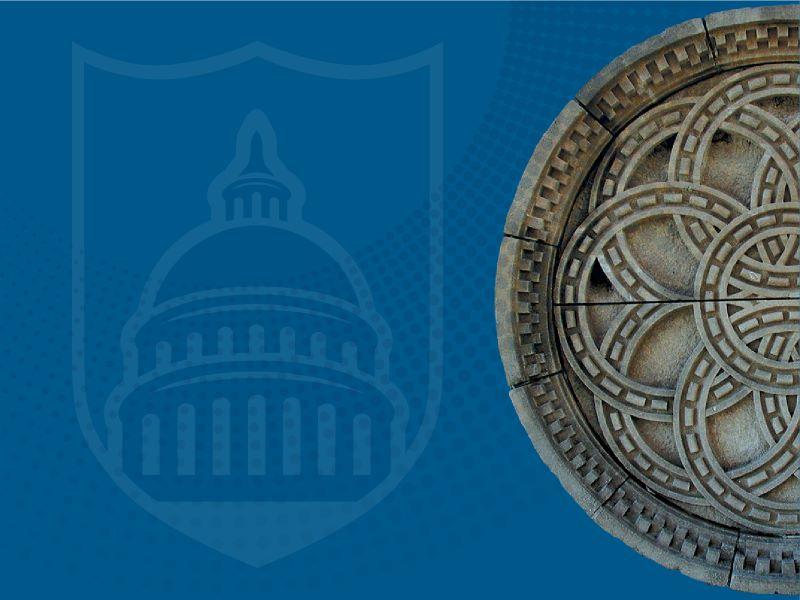Murphy-Economics Seminar: David Agrawal
"Policy Competition in a Spatial Economy"
Professor of Economics at the University of California, Irvine
More Information
The Murphy Institute Seminar Series in Economics
Each semester The Murphy Institute sponsors a series of seminars organized by the Tulane Department of Economics that provides an opportunity for faculty, researchers, and practitioners to present their latest research and pressing issues related to topics in political economy. Research presented covers all aspects of contemporary economics, including the economics of education, health economics, and public economics, as well as in economic history, international economics, and core areas in political economy.
David R. Agrawal is Professor of Economics and Professor of Law at the University of California, Irvine. He is a Fellow in the CESifo Network and a Campbell Fellow at the Hoover Institution at Stanford University. He is Editor-in-Chief of International Tax and Public Finance. Previously, he worked at the University of Kentucky and the University of Georgia. David's primary fields of research are public economics and urban economics - with an emphasis on tax policy and local policy. David's research uses both theoretical and empirical models to answer complex policy-relevant questions.
His work has appeared in the American Economic Journal: Applied Economics, American Economic Journal: Economic Policy, Annual Review of Economics, The Economic Journal, Journal of Economic Literature, Journal of Public Economics, Journal of Urban Economics, Theoretical Economics, and Review of Economics and Statistics. David received The Peggy and Richard Musgrave Prize in 2011 and The Young Economists Award in 2012.
ABSTRACT:
We incorporate policy competition among governments into a quantitative spatial model. Our new approach quantifies the interdependence of policymaking among a large number of competing jurisdictions, allowing us to fully characterize an endogenous network of potentially millions of bilateral strategic policy linkages. These linkages are summarized by the "policy impact" of each jurisdiction---the extent to which a jurisdiction changing its policy affects policy choices of others. Policy impact is heterogeneous across jurisdictions and the primary driver of the welfare effects of policy competition. We apply our model to a network of 3,109 U.S. counties competing in local sales taxes and evaluate several centralized interventions aimed at limiting tax competition. We find that (1) tax competition is harmful: federal interventions increase welfare, albeit heterogeneously across places; (2) ignoring endogenous policies from a quantitative spatial model underestimates welfare effects by up to 33%. To explore the underlying mechanisms, we rank counties by the magnitude of their policy impact. We show that interventions targeting high-policy impact jurisdictions raise welfare by six times more than targeting low-tax jurisdictions, the standard focus of minimum tax policies. Although policy impact is endogenous, we document that jurisdiction size acts as a strong proxy. Beyond taxation, our framework for endogenizing policy and analyzing its implications extends to tariffs and trade wars, environmental policy competition, regulatory policies, and spending competition.

